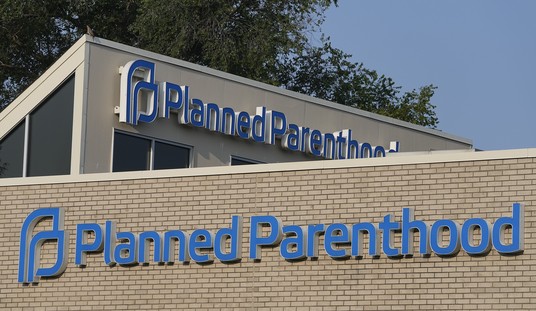As the White House and lawmakers from both sides of the political aisle celebrate last week's 5.4 percent unemployment rate, it's important to remember one thing: a record number of people aren't in the labor force. More from Tyler Durden:
In what was an "unambiguously" unpleasant April jobs payrolls report, with a March revision dragging that month's job gain to the lowest level since June of 2012, the fact that the number of Americans not in the labor force rose once again, this time to 93,194K from 93,175K, with the result being a participation rate of 69.45 or just above the lowest percentage since 1977, will merely catalyze even more upside to the so called "market" which continues to reflect nothing but central bank liquidity, and thus - the accelerating deterioration of the broader economy.
Meanwhile America's largest generation, Millennials, are having an especially difficult time and are wasting away their 20s without job opportunities or career growth. From Forbes:
The national unemployment rate has dropped to 5.4%, the lowest rate since 2008, but this low percentage means nothing for Millennials (born 1980-2000).
By this point, we’ve all realized that we’ve been lied to: working hard and getting a solid education does not necessarily lead to career success, or even a decent-paying job.
The data is actually pretty scary: 44% of college grads in their 20’s are stuck in low-wage, dead-end jobs, the highest rate in decades, and the number of young people making less than $25,000 has also spiked to the highest level since the 1990s.
Recommended
Considering a young person's prime earning years are established in their 20s, the ground work of stagnant job growth for Millennials will have detrimental, long-term effects on the economy. As I've written before, by the time President Obama leaves office, Millennials will have spent nearly a decade and prime working years, jobless. Considering 2/3 of lifetime wage growth occurs in a person's 20s, the Millenial unemployment/absence from the labor force trend is alarming.

When people aren't looking for work, especially when it isn't available, we shouldn't count a low and grossly misleading "unemployment" rate as a success.

























Join the conversation as a VIP Member